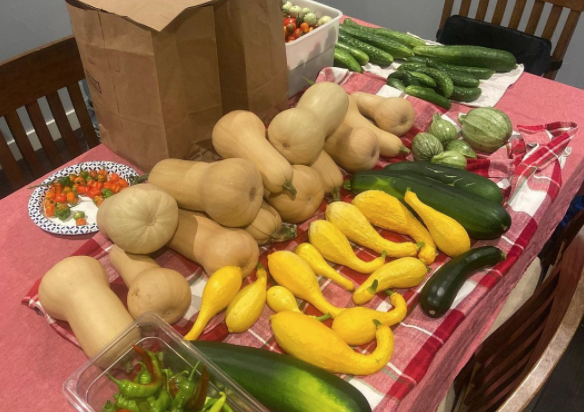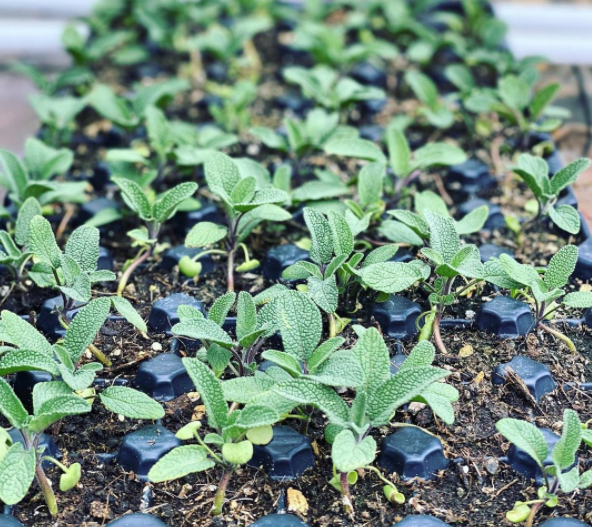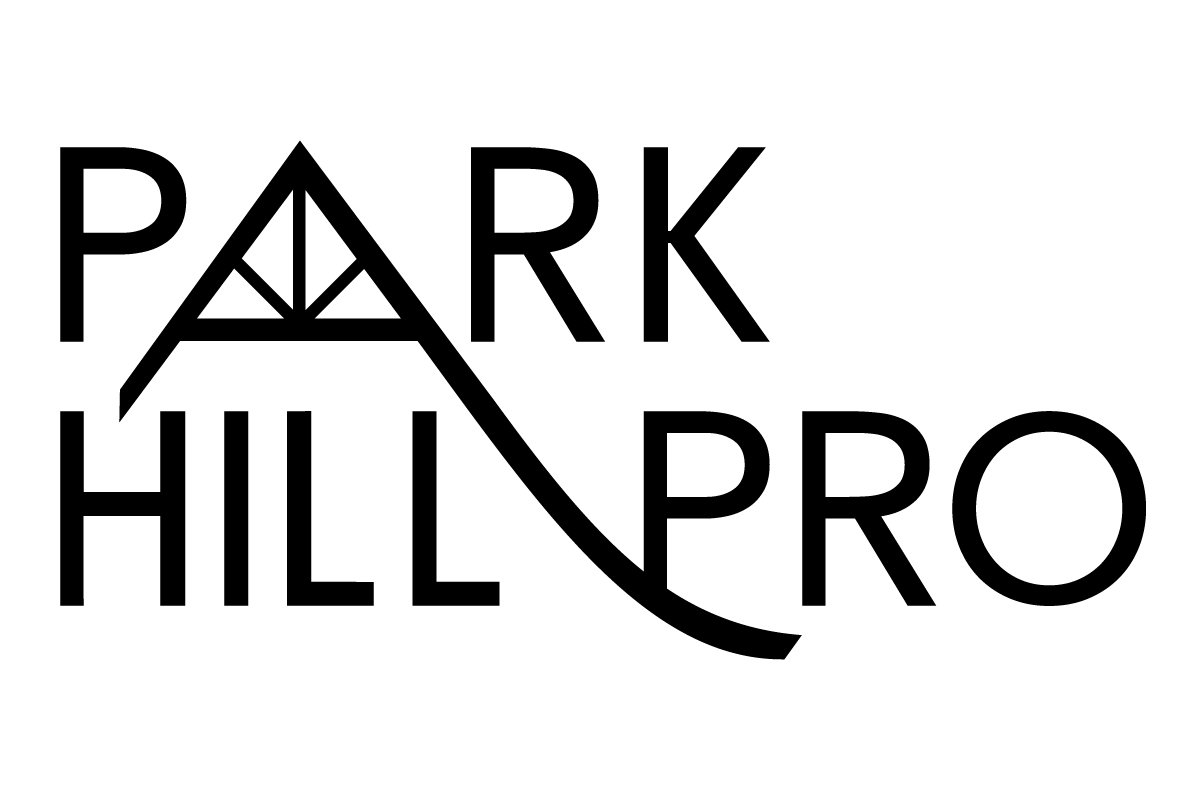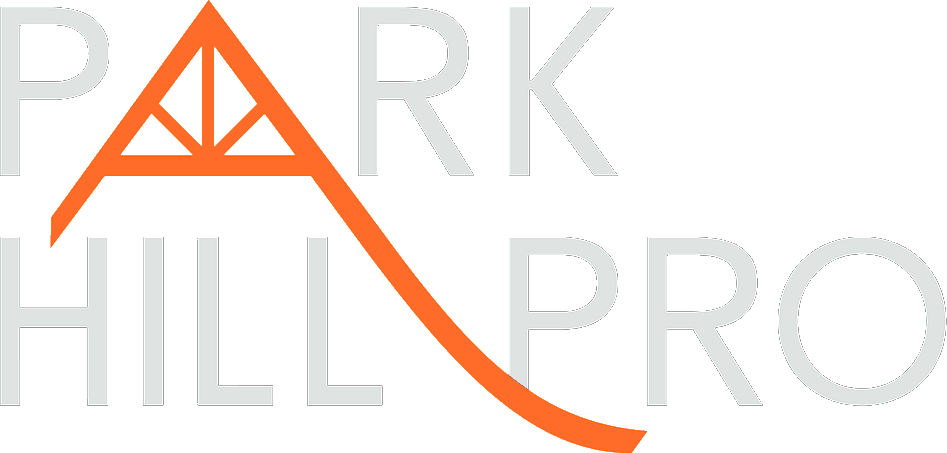Phew!
With winter weather finally in the rearview, it’s time to get back outside for all of the incredible spring and summer activities that Denver has to offer!
Speaking of warm-weather pursuits, have you ever considered growing your own food?
Not only will you contribute to a more sustainable future for the Mile High City, but you’ll also have all sorts of fun and fresh food ready to eat!
In this article, we’re giving you the ultimate guide to gardening in Denver.
Growing at altitude can be a little tricky, so we’ll take you through:
- What you can grow in Denver
- Best gardening practices
- Opportunities for community gardening
Let’s get planting!
What Can You Grow in Denver?
When it comes to gardening in Denver, you always have to consider what makes our city so unique: the altitude.
Certain veggies grow better in the cool season (spring – early summer) while others are more adept to the warm season (mid-summer – early fall). Don’t worry too much about this yet — we’ll go way more in-depth as to the best times to plant in the next section.
Nevertheless, you should start making your list for each season based on the options listed below, because you’ll probably want to do two cycles.
Here’s what veggies tend to be most successful for gardening in Denver:
Cool Season:
- Beets, Broccoli, Brussel Sprouts
- Cabbage, Carrots, Cauliflower, Chard
- Kale, Leeks, Lettuce, Onions
- Parsely, Parsnips, Peas, Potatoes
- Radishes, Spinach, Turnips
Warm Season
- Beans, Corn, Cucumbers
- Eggplant, Melons, Peppers
- Squash, Tomatoes
Nothing beets fresh veggies!
(Sorry — we’re corny).
Best Practices for Gardening in Denver
Now that we know what grows best at altitude in each season, let’s take you through some best practices for your at-home garden.
Best Time to Plant
When it comes to planting early-season veggies, you have to be aware of your final frost date (seedlings don’t like the cold!)
In Denver this can be a little bit hard to predict, but May 9 is generally accepted to be the safe-zone.
The risk of frost returns on October 1, so for your late season veggies, you’ll want to make sure you get them in the ground by mid-July at the latest.
Preparing Your Garden
Gardening in Denver requires some pretty significant attention, and it all starts with preparing your garden.
Start by removing all vegetation and weeds that could intrude in your growing area. You’ll then need to till the soil until it is soft and loose, creating an optimal environment for your plants to thrive.
Colorado soils are high in alkaline and commonly resemble clay. If your soil is especially tough, you might want to introduce more organic matter to achieve an ideal pH level of about 7. To do this, try composting your food scraps then adding the rich soil to your garden!
Protecting Your Garden
If you’ve lived in Denver for a while, you’re probably aware that summer storms can wreak some pretty significant havoc.
To protect your Denver garden from adverse weather and intense summer sunlight, consider investing in row covers, tunnels, windbreaks, and shade cloths.
Watering Methods
In most cases, your seed packets will have watering instructions that should be pretty accurate.
But if your seeds aren’t locally sourced, they might not be factoring in the altitude. Keep in mind that at elevation water evaporates faster; meaning that your plants need more water.
Keep a close eye on your veggies. If they’re looking dry, give them an extra little drink!
Opportunities for Community Gardening in Denver

Clearly, gardening in Denver is quite a bit of work.
Looking to alleviate some of the pressure and garden in a more community-oriented space?
You’re in luck. Denver is extremely lucky to have Denver Urban Gardens (DUG) — a community-based organization that allows people to “grow together!”
Operating for more than three decades in Denver, DUG includes sites across six counties in the Denver metro area.
They provide:
- Free and low-cost access to seeds and seedlings
- Education around growing food
- 180 + community gardens where you can grow!
It’s an amazing way to get involved in the community and make gardening in Denver a social experience.
Make sure to learn more about DUG here and contribute to a garden near you! You’ll join a thriving community of more than 40,000 Denverians who participate every year.
Conclusions
There is simply no better feeling than growing your own food. From seed all the way to the dinner table, you can cultivate sustainable, healthy living through gardening in Denver.
We hope that this article has been helpful for you in giving an introductory guide to growing at altitude.
Make sure to check out our blog to discover more opportunities to get involved in the Denver community.
Also, join us on Facebook to stay in the loop about all things Denver!
We’re glad to have you with us. Happy gardening season, and good luck growing!








